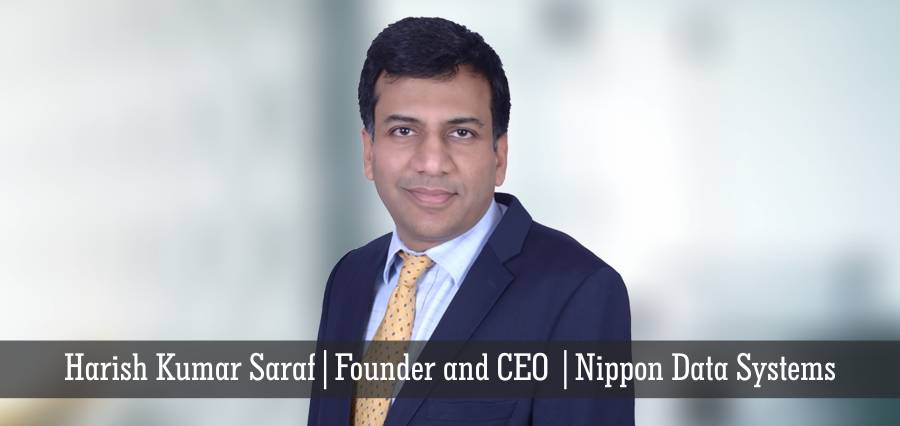ERP solutions have drastically evolved over the course of ten years in the wake of smartphones, big data, cloud computing and the like. The virtual systems have given a plethora of opportunities to the ERP world.
Today, ERP system has advanced so far that they have removed themselves completely from the constraints of physical storage and analog based business processes. The cloud in particular has been a vital asset for the ERP industry as it has revolutionized the way businesses function and ERP systems which are now hosted in the cloud enable businesses to go the extra mile and push boundaries.
ERP vanquishes the old standalone computer systems in finance, HR, manufacturing and the warehouse, and replaces them with a single unified software program divided into software modules that roughly approximate the old standalone systems. Finance, manufacturing and the warehouse all still get their own software, except now the software is linked together so that someone in finance can look into the warehouse software to see if an order has been shipped. Most vendors’ ERP software is flexible enough that you can install some modules without buying the whole package. Many companies, for example, will just install an ERP finance or HR module and leave the rest of the functions for another day.
Nippon Data is a provider of IT enabled business solutions headquartered in Delhi which provide clients’ competitive business advantage. Harish Saraf, CEO of the company adds “We partner with customers to deliver business solutions to their satisfaction and help them ‘Live Your Enterprise Potential™.” We take pride in conducting business with the highest degree of ethics and treat each transaction with fairness and honesty. For us client satisfaction is our ONLY measure of success”.
Enterprise resource planning software, or ERP, doesn’t live up to its acronym. Forget about planning—it doesn’t do much of that—and forget about resource, a throwaway term. It attempts to integrate all departments and functions across a company into a single computer system that can serve all those different departments’ particular needs.
Harish adds, with every single project, we have been credited for finding innovative ways to meet our clients Industry specific business requirements, providing cost effective solutions, shortening timelines, reducing risks, and lowering the total cost of ownership. We have done this through our product NEWTON ERP which covers end-to- end functionality of a Manufacturing or Service business across different Industries. A high-level view of key business indicators facilitates faster and more accurate management decisions and NEWTON puts all of that at your fingertips.
Harish further explains as how NEWTON seamlessly integrates in a hybrid environment comprising of both on premise and cloud deployments. The investment in it ensures that businesses recuperate their investments in shortest possible time. In addition, NEWTON mobile deployments provide App based access and functions while retaining the web based controls. One aspect of ERP which stymied its usage in SMBs was that small organizations require only some of the functionalities offered by a full-fledged ERP software. Except the core functions, others remained idle, which reduced the overall productivity of the purchase. The current trend is need based sales of the ERP software.
When ERP software was introduced, vendors were concentrating almost entirely on making specialized systems. However, as time went on, they started favoring generic ERP systems. It appears that the clock has turned back as specialized ERP software is being favored by organization nowadays. Companies are focusing on making better predictions by using the ERP software with specialized business intelligence. Decision making processes have markedly improved if the right ERP system is in place.
Harish concluded that due to the increase in specialized ERP software, the focus of the ERP consultants has shifted more towards providing better integration architecture for competent ERP solutions. The big players are either merging with or acquiring bigger companies. Of course, there are newer players in the market, but the big fishes seems to become more and more dominant. Enterprises prefer ERP delivered as SaaS. Ramco’s ERP on Cloud is a prime example of such a service. While ERP has been in general successful, companies aren’t blindly implementing them anymore. They have become very sensitive to the ROI. Companies are investing on ERP solutions accessible from mobile devices like tablets and smartphones.
Since the time Nippon Data was established in 1994, It has built a solid foundation of success which is growing continuously. Specialized in solving business problems by harnessing technology and applying them for developing and implementing customized and standard information systems. Over the years the professionals have encountered and conquered complex problems relating to various business needs.
About Mr. Harish Kumar Saraf
Mr. Harish Kumar Saraf, Founder and CEO of Nippon Data Systems, hailing from New Delhi as Gold Medalist in B.Tech, Computer Science, started his career as Software Trainee at DCM Data Systems for 1 year and System Analyst at Tata Unisys for 1year. He did consulting for some leading clients in the USA. Then he returned back from USA and finally founded Nippon Data Systems. From last 21 years as CEO, he built NEWTON ERP with his hard-working team and took it to the market achieving great success.
Virtual Systems Advancing the Enterprise Resource Planning Magnificently


